Humans
Sign up for our newsletter
We summarize the week's scientific breakthroughs every Thursday.
-
 Health & Medicine
Health & MedicineThe number of steps per day, not speed, is linked to mortality rate
Researchers report an association between the total number of steps a person takes each day and the rate of death from any cause.
-
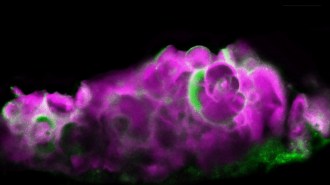 Health & Medicine
Health & MedicineA tooth-enamel protein is found in eyes with a common form of macular degeneration
Researchers linked a tooth-enamel protein with calcium deposits in eyes suffering ‘dry’ AMD, which could lead to treatments for the vision disorder.
By Alex Fox -
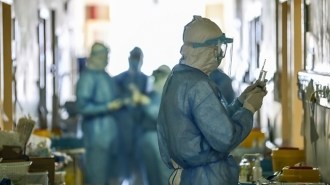 Health & Medicine
Health & MedicineWhy some heart patients may be especially vulnerable to COVID-19
Researchers don’t yet know if the way the coronavirus enters cells may have something to do with the risks to the heart.
-
 Archaeology
ArchaeologyThe Nazareth Inscription’s origins may refute ties to Jesus’ resurrection
Chemical analysis shows the tablet’s marble came from a Greek island, challenging the idea the decree concerned early Christianity in the Middle East.
By Bruce Bower -
 Health & Medicine
Health & MedicineYoung adults can face severe cases of COVID-19, too
While risk of having a severe case of COVID-19 rises with age, younger adults are also landing in the hospital and ICU, new U.S. statistics show.
-
 Health & Medicine
Health & MedicineHIV drugs didn’t work as a coronavirus treatment in a clinical trial
Antiviral HIV drugs “showed no benefit” when given to patients severely ill with COVID-19.
-
 Health & Medicine
Health & MedicineHow parents and kids can stay safe and sane during the coronavirus pandemic
Infectious disease experts weigh in on playdates, playgrounds and other parenting questions.
By Laura Sanders and Sujata Gupta -
 Health & Medicine
Health & Medicine50 years ago, scientists were trying to get a grip on Lassa fever
In 1970, scientists were on the trail of a deadly new virus. Fifty years later, a vaccine is just now being tested in people.
-
 Health & Medicine
Health & MedicinePeople who didn’t know they had COVID-19 drove its spread in China
A new study suggests that mild cases, in which people have no symptoms or don’t get sick enough to go to a doctor, are fueling the coronavirus pandemic.
-
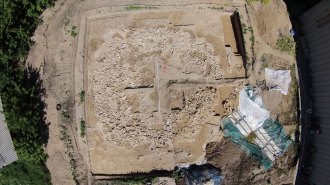 Archaeology
ArchaeologyThis is one of the largest Ice Age structures made of mammoth bones
A massive ring of mammoth bones, built by hunter-gatherers during the Ice Age, offers a peek at life 25,000 years ago.
By Bruce Bower -
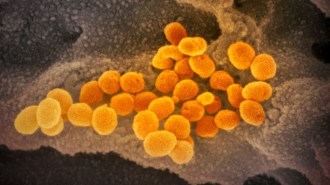 Health & Medicine
Health & MedicineCoronavirus is most contagious before and during the first week of symptoms
As major efforts to contain the COVID-19 pandemic go into effect around the globe, researchers are figuring out just when patients are most contagious.
-
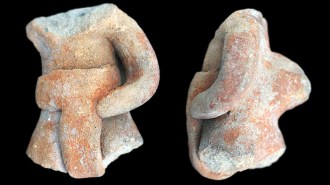 Archaeology
ArchaeologyAn ancient ball court sheds light on a game made famous by the Aztecs
A 3,400-year-old ball court in the southern mountains of Mexico suggests many societies contributed to the development of an ancient, well-known Mesoamerican ball game.
By Bruce Bower